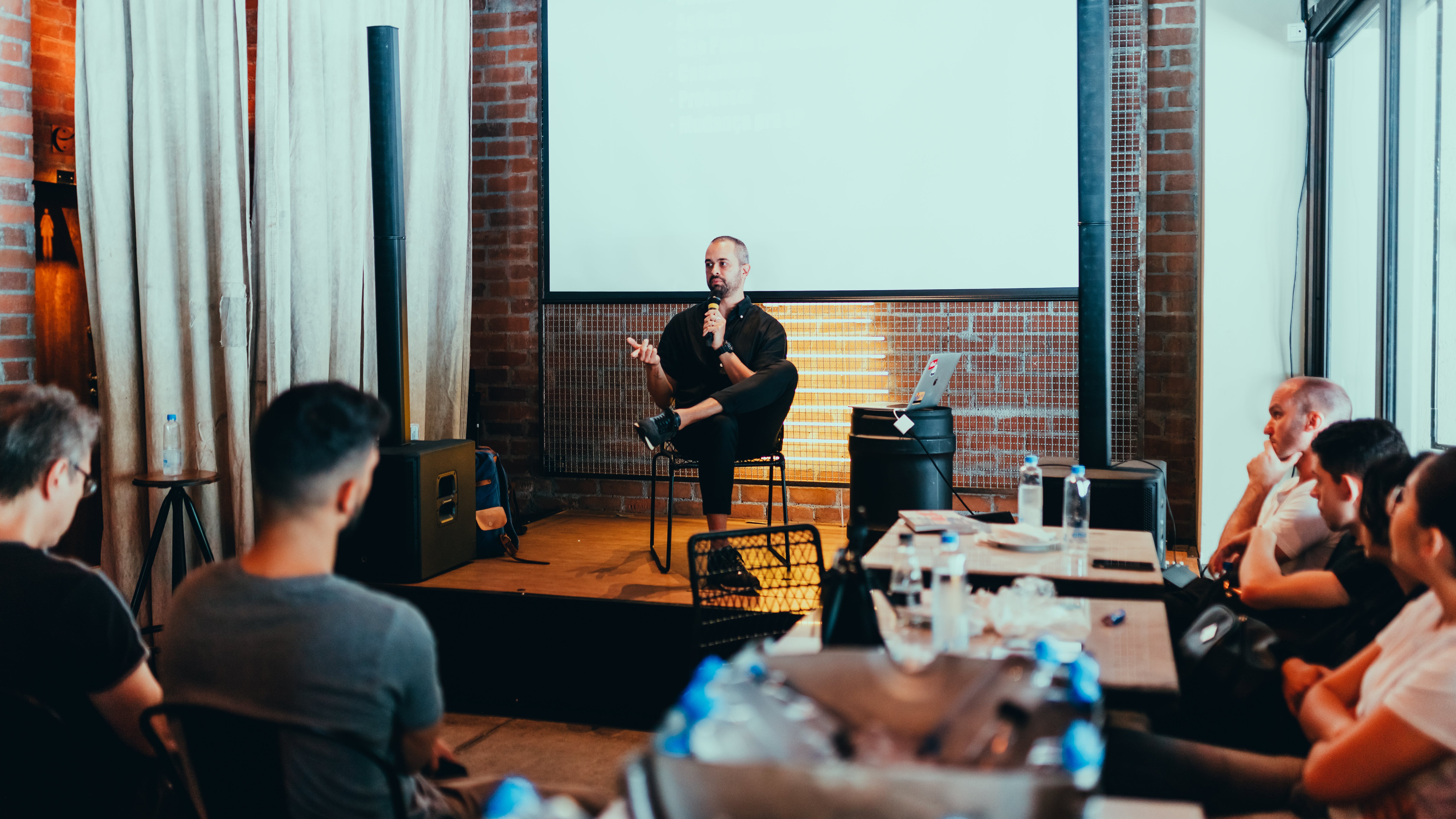Daniel Nüst
Daniel Nüst is researcher at the Institute for Geoinformatics, University of Münster, Germany. He worked at 52°North Initiative for Geospatial Open Source Software as a consultant and software developer after completing his studies in Münster with a Diploma in Geoinformatics. Since 2016, Daniel develops tools for creation and execution of research compendia in geography and geosciences in the project Opening Reproducible Research. He finished his PhD in February 2022 on the topic of Infrastructures and Practices for Reproducible Research in Geography, Geosciences, and GIScience. Daniel is Reproducibility Chair at the AGILE Conference, Co-PI of CODECHECK and vice chair of the German Society for Research Software.
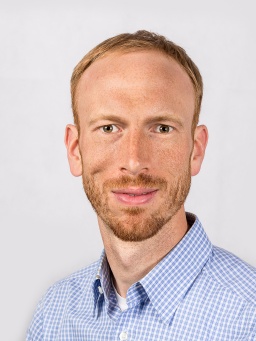
Dr Pamela Ugwudike
Dr Pamela Ugwudike is an Associate Professor of Criminology and Director of Research at the Department of Sociology, Social Policy and Criminology, University of Southampton. She leads the Department’s Digital Technologies Research Cluster. She is a Fellow of the Alan Turing Institute (the UK’s national institute for data science and artificial intelligence) and a current and past member of several research and policy-related Advisory Boards including the Ryder Review of the Governance of Biometric Technologies, commissioned by the Ada Lovelace Institute. She is also a co-Editor-in-Chief of Criminology and Criminal Justice Journal, the flagship Journal of the British Society of Criminology. Her research considers the ethical and social implications of Artificial Intelligence (AI) systems, with a focus on the data-driven technologies (such as risk prediction and online social networking algorithms) that structure knowledge production and inform criminal justice policy.
Dr Ugwudike is listed in the Directory of Women in AI Ethics. She is currently working on an ESRC project exploring the risks and harms of ‘sharenting’ on social media and how to develop AI-driven remedial strategies (2021-2024). She has led a number of multidisciplinary projects on: the ethics of predictive policing algorithms (funded by the Alan Turing Institute 2019-2021); the nexus of online epistemic domination and digital exclusion (funded by the Web Science Institute 2019-2020); the digitisation of technologies for evaluating criminal justice practice (funded by Cherish Digital Economy/EPSRC 2016-2017); and the digitisation of an evaluation package for assessing youth justice practice (funded by the ESRC IAA 2018-19). Dr Ugwudike’s research projects are primarily multidisciplinary. They bring together knowledge and expertise from criminology, computer science, mathematics, and software engineering.
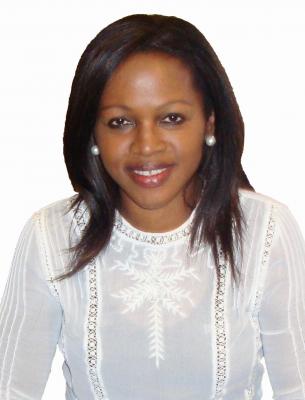
Laura Carter (Chair)
Laura Carter is a PhD candidate in the Human Rights Centre at the University of Essex. Her research uses queer and feminist to examine the human rights impact of technology and data use in the UK public sector, focusing on how data systems can reinforce and perpetrate gender stereotypes. She is an open science contributor to the Turing Way, has been both a participant and a mentor for Open Life Science, and is a former member of DataKind UK’s Ethics Committee. Laura has more than a decade’s experience working in research and policy for human rights NGOs as a gender and sexuality specialist: she holds an MA in Gender Studies from SOAS University of London and a BA in Mathematics from the University of Cambridge.
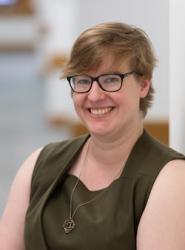
Garnett Achieng
Garnett Achieng is a researcher and writer. She is a Data & Digital Rights Researcher at Pollicy. She is obsessed with internet cultures and conducts research in content moderation, online harms, the feminist internet, and platform governance. Garnett has a Global Challenges degree from the African Leadership University. She is a Tech & Public Policy fellow at the Tony Blair Institute and sits in Facebook’s 2021 SSA Women's Rights Working Group. Social media handles: @garnettachieng
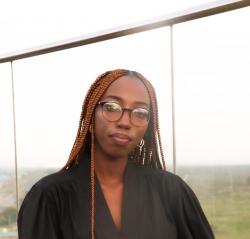
Arielle Bennett
Having worked in a number of science-adjacent roles, Arielle Bennett is now Programme Manager for the Tools, Practices & Systems programme at The Alan Turing Institute, supporting open, ethical, reproducible science and connecting networks of experts across the globe. She is a core contributor to The Turing Way project, where she mainly writes on activism and researcher infrastructure roles. She is also a branch committee member for United Tech & Allied Workers, one of the first industrial tech unions in the UK.

Dr Stef Garasto
Dr Stef Garasto is a Lecturer in Data Science at the University of Greenwich, focusing on Natural Language Processing as well as ethics and justice in data science. Prior to joining Greenwich, Stef worked as a researcher at Imperial College London and at Nesta, where they applied computational techniques to various domains, from hearth electrophysiology to the labour market. Being passionate about using “data science for social justice”, Stef also volunteers at DataKindUK to further the use of responsible data science in the UK non-profit sector. At DataKindUK, Stef is a member of the ethics committee and led the committee in 2021.
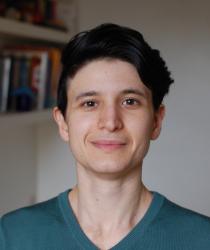
Andrew Strait
Andrew Strait is an Associate Director at the Ada Lovelace Institute, an independent nonprofit research and deliberative body with a mission to ensure that data and AI work for people and society. As head of the Technology and Society team, Andrew is responsible for developing and shaping Ada’s research strategy and network while overseeing its qualitative and social science research agenda.
Andrew has spent the last decade working at the intersection of technology, law and society. Prior to joining Ada, he was an Ethics & Policy Researcher DeepMind, where he managed internal AI ethics initiatives and oversaw the company’s network of external partnerships. Previously, he worked as a Legal Operations Specialist at Google where he developed and implemented platform moderation policies on areas such as data protection, hate speech, terrorist content and child safety.


